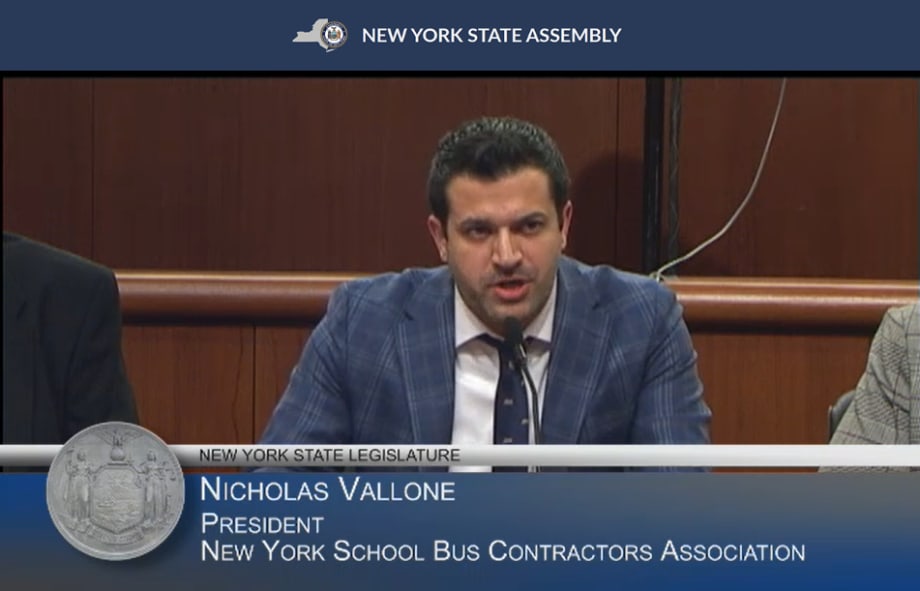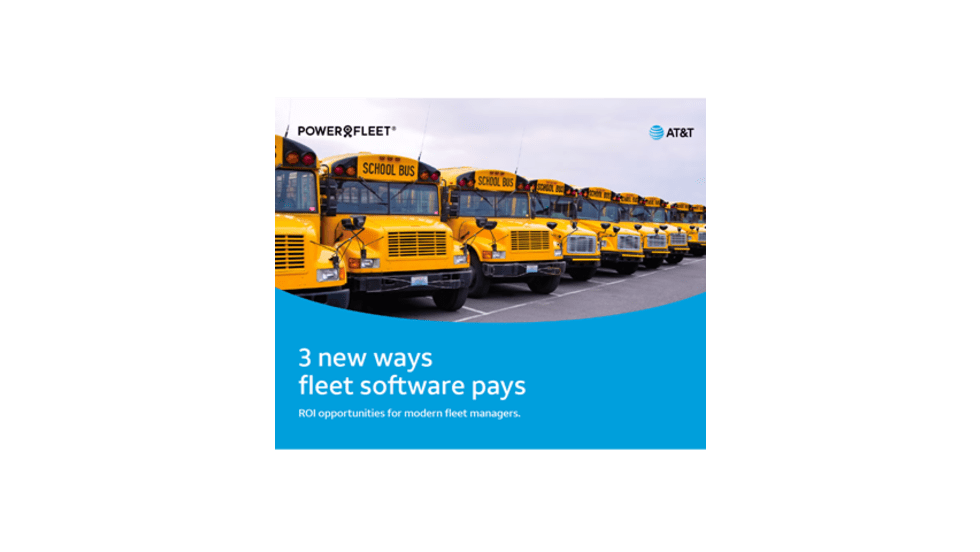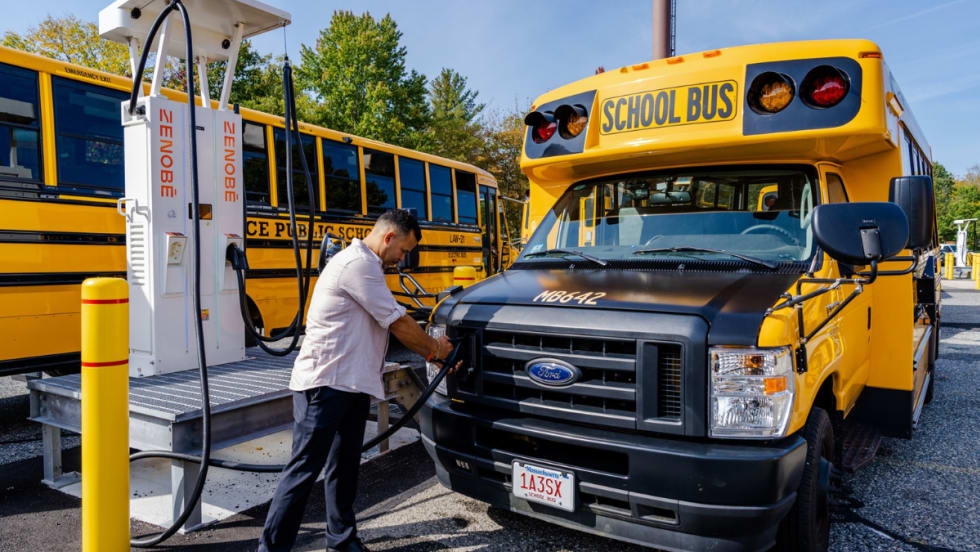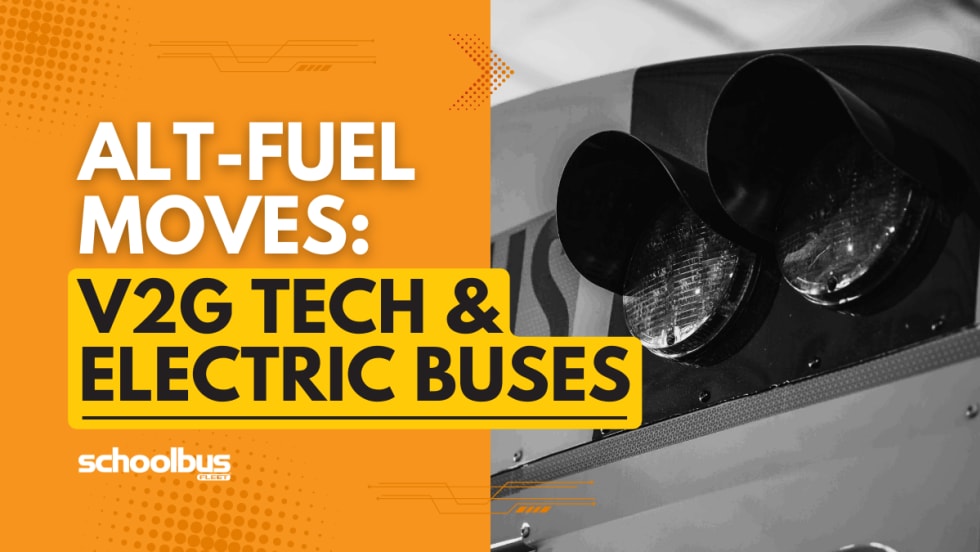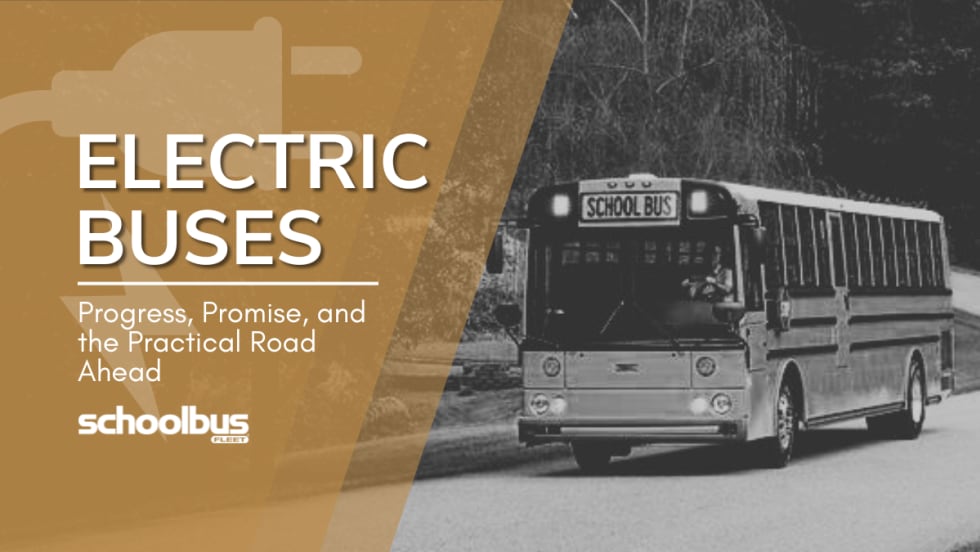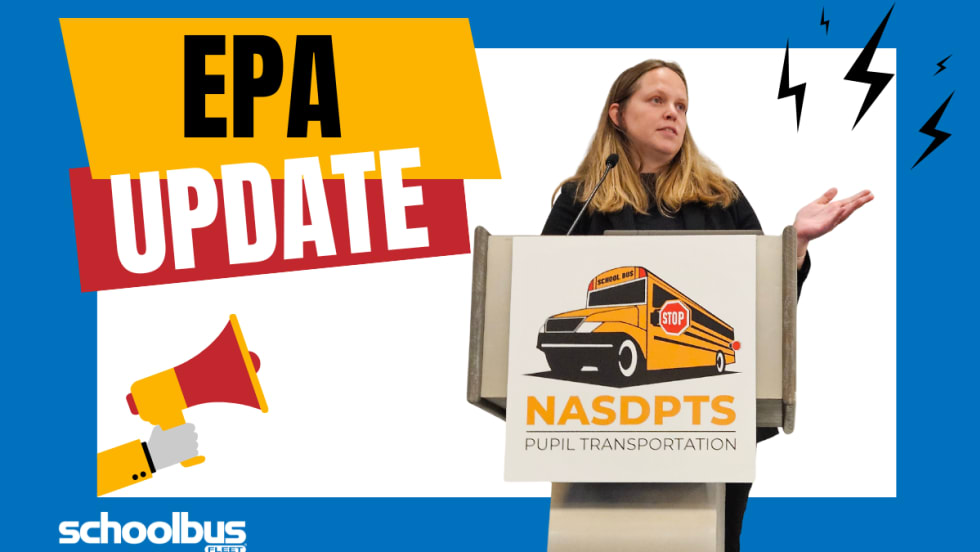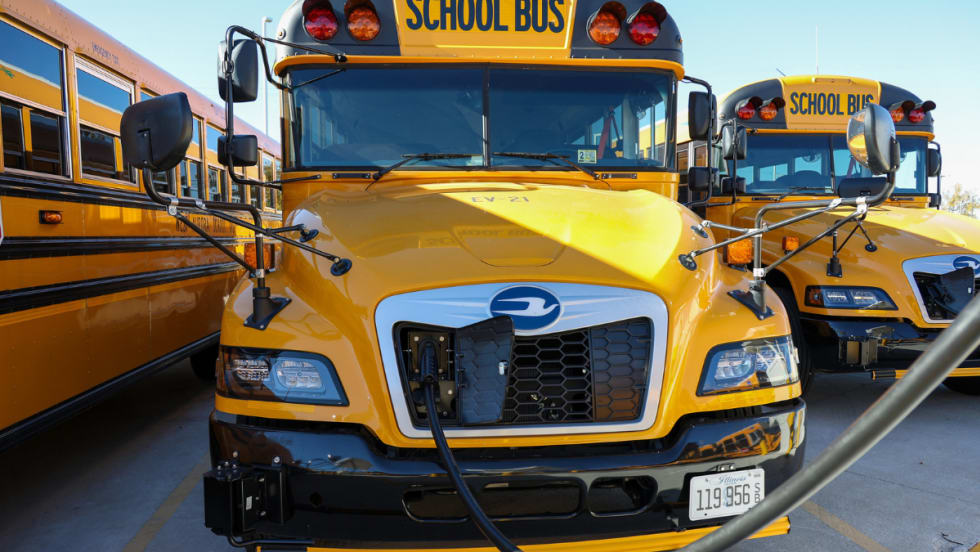Nick Vallone, president of the New York School Bus Contractors Association (NYSBCA), on Feb. 8 testified before the New York State legislature about the electrification of the state’s school bus fleets.
In prepared remarks to a joint legislative budget hearing on elementary and secondary education, Vallone made three proposals on behalf of the NYSBCA’s 200 members, private pupil transportation services that carry students for 85% of New York’s school districts.
His proposals included:
Eliminating sales tax on purchases of new electric buses, which he estimates would save as much as $30,000 per electric school bus.
Adding flexibility to multi-year pupil transportation contracts to provide a mechanism for contractor compensation due to unforeseen circumstances and expenses associated with electric school buses.
Setting up a $2,000 tax credit for school bus drivers in good standing, with a sunset date around 2035 (when New York’s fleets are expected to be fully electrified).
Said Vallone: “Despite the significant advantages of electric buses, the upfront purchase price has emerged as the greatest obstacle to their adoption. New electric buses can cost 2-3x (or even greater) compared to a traditional new diesel bus. Fleet operators just can’t afford the upfront costs, even with grants and subsidies. And while the trend is clear – electric vehicles continually get cheaper – the funding gap for now remains too great for many. One creative way to speed up the conversion is by eliminating the sales tax associated with the purchase of new electric school buses and parts.”
With the sales tax gone, Vallone went on, school bus operators would have money available for driver wage increases, higher insurance premiums, and additional safety equipment.
Curt Macysyn, executive director of the National School Transportation Association (NSTA), noted that variants of Vallone’s first two proposals were discussed at the recent Midwinter Meeting in San Diego. He said the sales tax idea would be state-specific, “because not every state charges sales tax on school bus sales.”
However, Macysyn noted that “taking money from the federal program (Clean School Bus) to pay another governmental entity doesn’t seem to make sense.” He said it also wouldn’t be fair to expect contractors to foot the bill for sales tax on their own.
“We raised the issue with EPA, but (it’s) more likely to be addressed at the state level, so we are glad that Nick is highlighting,” Macysyn said.
The NSTA also supports the tax credit idea.
The proposals didn’t gain any immediate traction among members of the New York State Senate or Assembly during the Feb. 8 session. In fact, one member of the committee, State Sen. Thomas O’Mara, suggested it might be too soon to act.
New York Gov. Kathy Hochul has mandated conversion of the entire school bus fleet of New York to zero-emission vehicles by 2035, and O’Mara noted that the process officially starts in 2027.
Assemblywoman Crystal D. Peoples-Stokes recognized “a lot of reluctance to think about electric buses,” she said. “It’s a scary notion, but at some point we’ve got to get there.”
“We need to get there and we can get there,” Vallone replied.




